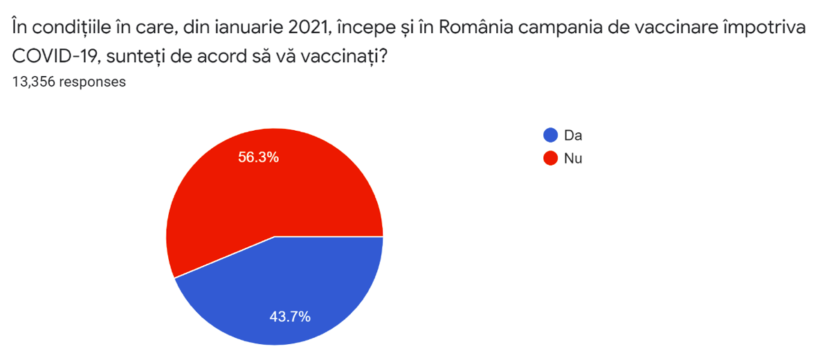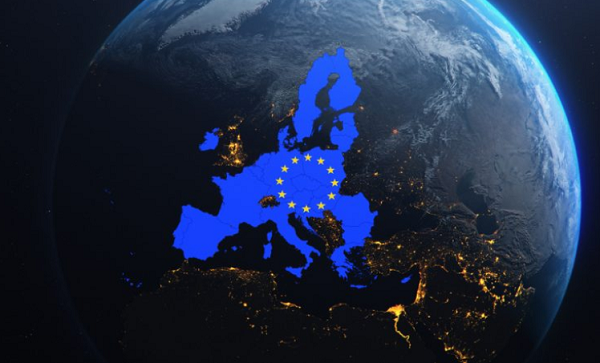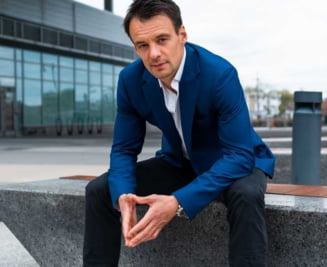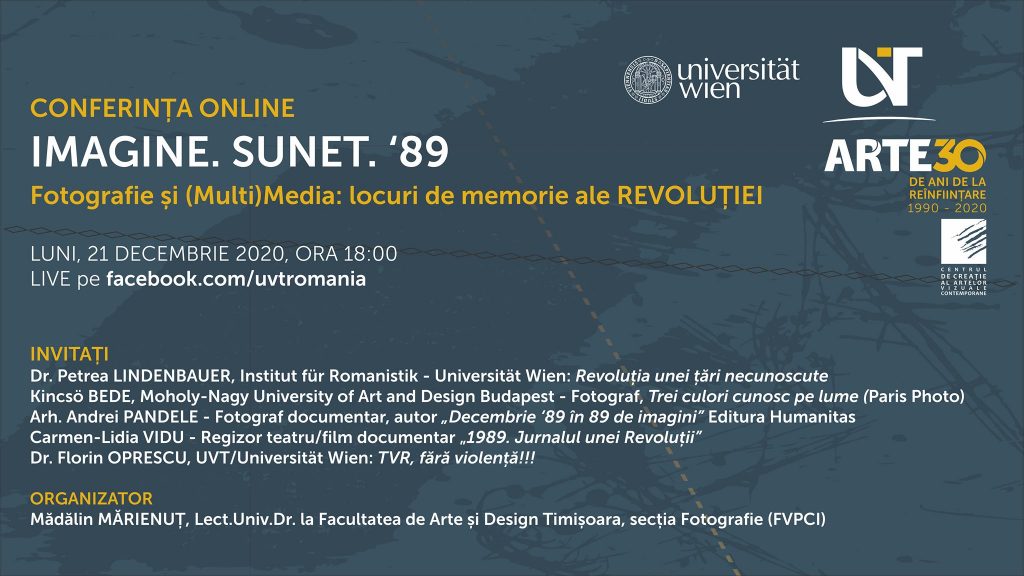The post-revolution prophecies told us about a real change in Romania only after twenty years. But 30 have passed and the change has not fully occurred. Why? What should be done from now on? What would be the priorities? I talked with publicist Emil Hurezeanu, present then, as now, on a wider world stage, about light and darkness in our struggle with history. About what we couldn't do and what should be done. What are our backlogs, but also our priorities. "Our emotions, because we had a clearer and somewhat comparative perspective of existing realities and possible scenarios," he confesses now, "were driven by a mandatory lucidity. I suspected that Romania would have greater difficulties after the removal of the Ceausescu regime than all other communist countries."
Emil Hurezeanu was then an editor at "Europa Liberă" radio. His voice was breaking through the walls of communism towards the Romanians.
How would you describe Romania's start in the new world today? There are voices that criticize the slow rhythm, maybe even intentionally with the foot on the brake. What would be our failures and successes?
The last 30 years were the result of prolonged illnesses in fears, reflexes, absolutism, excessive polarization, uproar, all against a background of relative inefficiency. We entered the EU and NATO - and here we have an absolute progress, unprecedented in our history dominated by marginalization and fortuitous leap forward, through happy events more than through continuous concentration and deliberate maturation processes under our control. Our lack of efficiency has taken us somewhat out of the mainstream of the Western alliances of which we are a part. We obstinately repeated our errors. We relied, perhaps too much, on the automatic pilots of the alliances, we forgot the tactical resources and the broad strategic breath of the diplomacy of the traditional states.
But nothing is lost, basically, you will say. No, several million Romanians who left their country - a huge and for now irretrievable loss. Years wasted in internal political wars, in a long period of external peace. An inexplicable indifference to the persistence of the difference between town and country, worthy rich people and poor people abandoned by conditional assistance, North and South, East and West - without modern connections, with roads built between the wars by Swedes and trains slower than in Carol's time the II. With too many people dying for days and living from day to day.
Against this background, what resources do we have left?
Anyway, even so, with so many losses and defeats, our social capital, the people, are resistant, protean, patient and polite. We learn, no matter how late, from mistakes, maybe we make new ones, I don't think we repeat the old ones.
But, in our slow pace and busy with our own obsessions, we did not make the mistakes of others, too quickly captivated by the national anti-European hubris. We seem to have more "common sense" than the British, and with all our uncritical pro-Americanism and anti-Russianism, we manage to avoid the zig-zags of risky geopolitical options. But, but, the fine calibrations, the differentiation, the hashes are also rigorous. In geography and foreign policy, ignoring moving targets with eyes fixed only on the fixed stars may improve the moral law, but it does not save us from misfortune.







